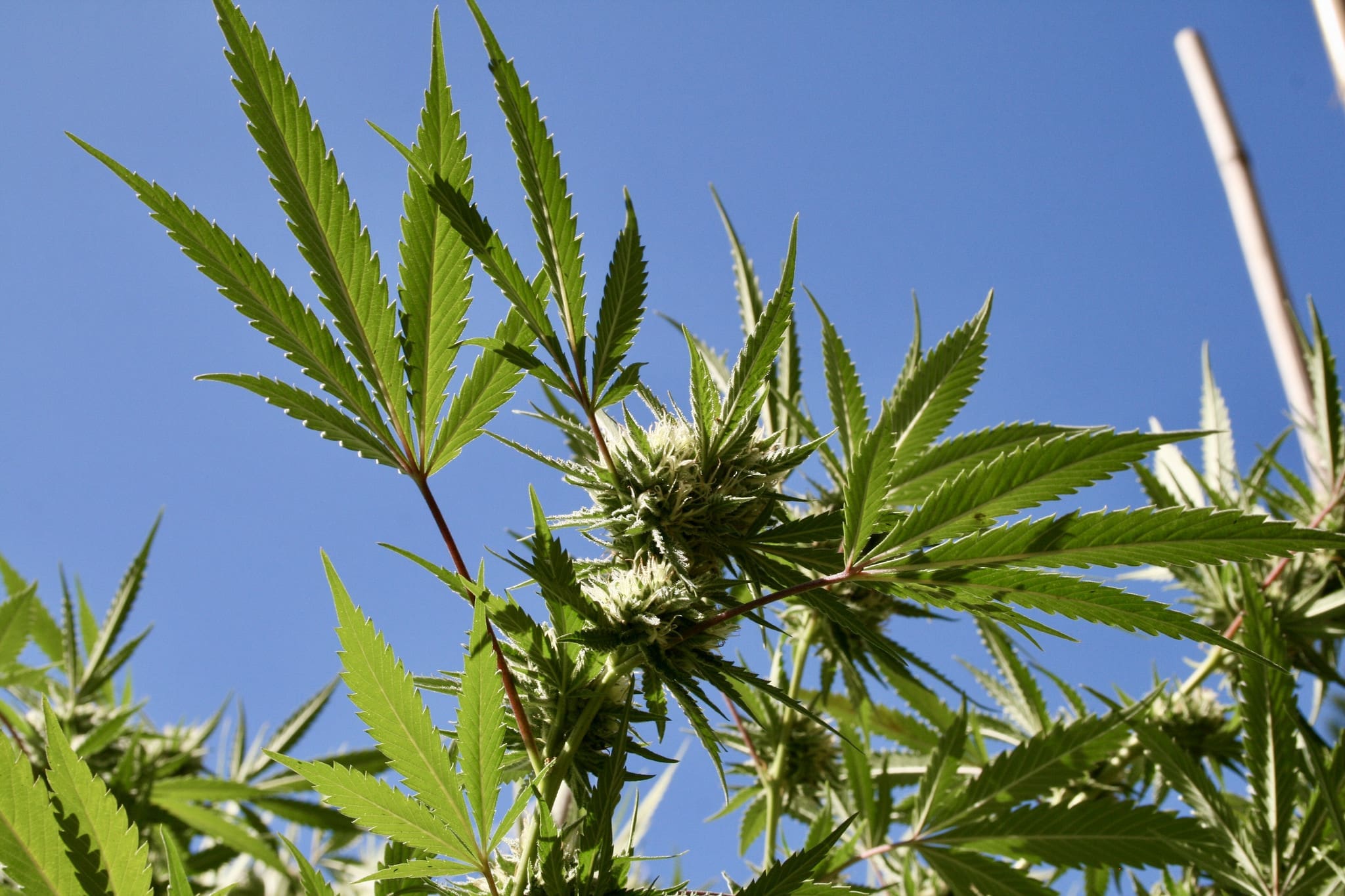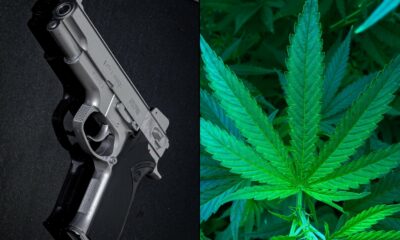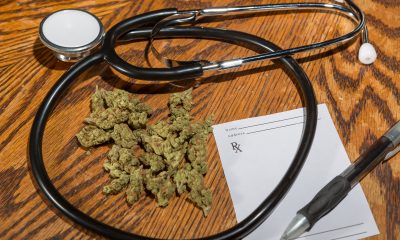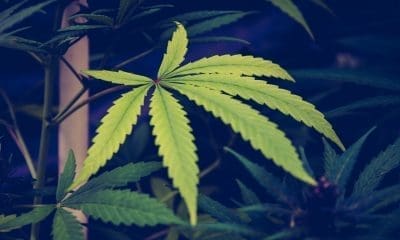Science & Health
Medical Marijuana Legalization Linked To Reduced Opioid Use By Cancer Patients, American Medical Association Study Finds

State-level medical marijuana legalization is associated with a significant decrease in opioid prescriptions and use among certain cancer patients, according to a new study from the American Medical Association.
The study, which analyzed data on insurance claims from 38,189 people with recently diagnosed cancer, found that medical cannabis legalization implemented between 2012 and 2017 was linked to “5.5 percent to 19.2 percent relative reduction in the rate of opioid dispensing.”
“Medical marijuana could be serving as a substitute for opioid therapies among some adult patients receiving cancer treatment,” the study, published in the Journal of the American Medical Association (JAMA) Oncology on Thursday, concluded, though researchers said “future studies need to elucidate the nature of the associations and implications for patient outcomes.”
“The findings suggest that medical marijuana legalization may have been associated with lower use of opioids by some adult patients receiving cancer treatment”
A total of 34 states were included in the cross-sectional analysis, and researchers at Weill Medical College of Cornell University, Harvard University, University of Texas and Albert Einstein College of Medicine also examined how the prevalence of dispensaries further affected opioid prescribing.
They found that “in general, medical marijuana legalization with dispensary allowances was associated with a larger reduction in the rate of 1 or more opioid days,” particularly for those with recent breast cancer diagnoses.
“Medical marijuana legalization with dispensary allowances was associated with a larger reduction in opioid dispensing compared with legalization without dispensary allowances.”
The study also found that medical cannabis legalization was associated in a reduction “was associated with a reduction in pain-related hospital events (suggesting uncontrolled pain) among patients with lung cancer (and among patients with breast cancer to a lesser extent) with recent opioids, and such reductions were seen shortly after medical marijuana legalization took effect.”
The researchers speculated that “several mechanisms are possible” to explain the results.
“Legal access to medical marijuana may have led oncologists and other practitioners to prescribe fewer opioids,” they wrote. “Medical marijuana legalization may also have been associated with lower demand for opioids by patients who use marijuana when self-managing pain as well as by those who were reluctant to complain about pain when perceiving marijuana as an alternative to opioids.”
The study says that “the nature of the observed associations remains uncertain,” but there is a large body of research that indicates that cannabinoids can effectively treat different pain types that some patients will seek out as alternatives to opioids.
“The findings suggest that medical marijuana could be serving as a substitute for opioids to some extent,” it says.
The authors emphasized the study limitations and the need for future research on the subject, but this largely aligns with previous studies on state-level cannabis reform and prescription trends.
For example, a study that was released in September similarly found that giving people legal access to medical cannabis can help patients reduce their use of opioid painkillers, or cease use altogether, without compromising quality of life.
That same month, another study found that the pharmaceutical industry takes a serious economic hit after states legalize marijuana—with an average market loss of nearly $10 billion for drugmakers per each legalization event.
There’s no deficit of anecdotal reports, data-based studies and observational analyses that have signaled that some people use cannabis as an alternative to traditional pharmaceutical drugs like opioid-based painkillers and sleep medications.
Earlier this year, a research paper that analyzed Medicaid data on prescription drugs found that legalizing marijuana for adult use is associated with “significant reductions” in the use of prescription drugs for the treatment of multiple conditions.
Meanwhile, a study funded by a top federal drug agency that was released last month found that state-level marijuana legalization is not associated with increased youth cannabis use.
Three GOP Lawmakers Lay Out Next Steps For Marijuana Reform In Lame Duck Session And Next Congress
Photo courtesy of Brian Shamblen.
















